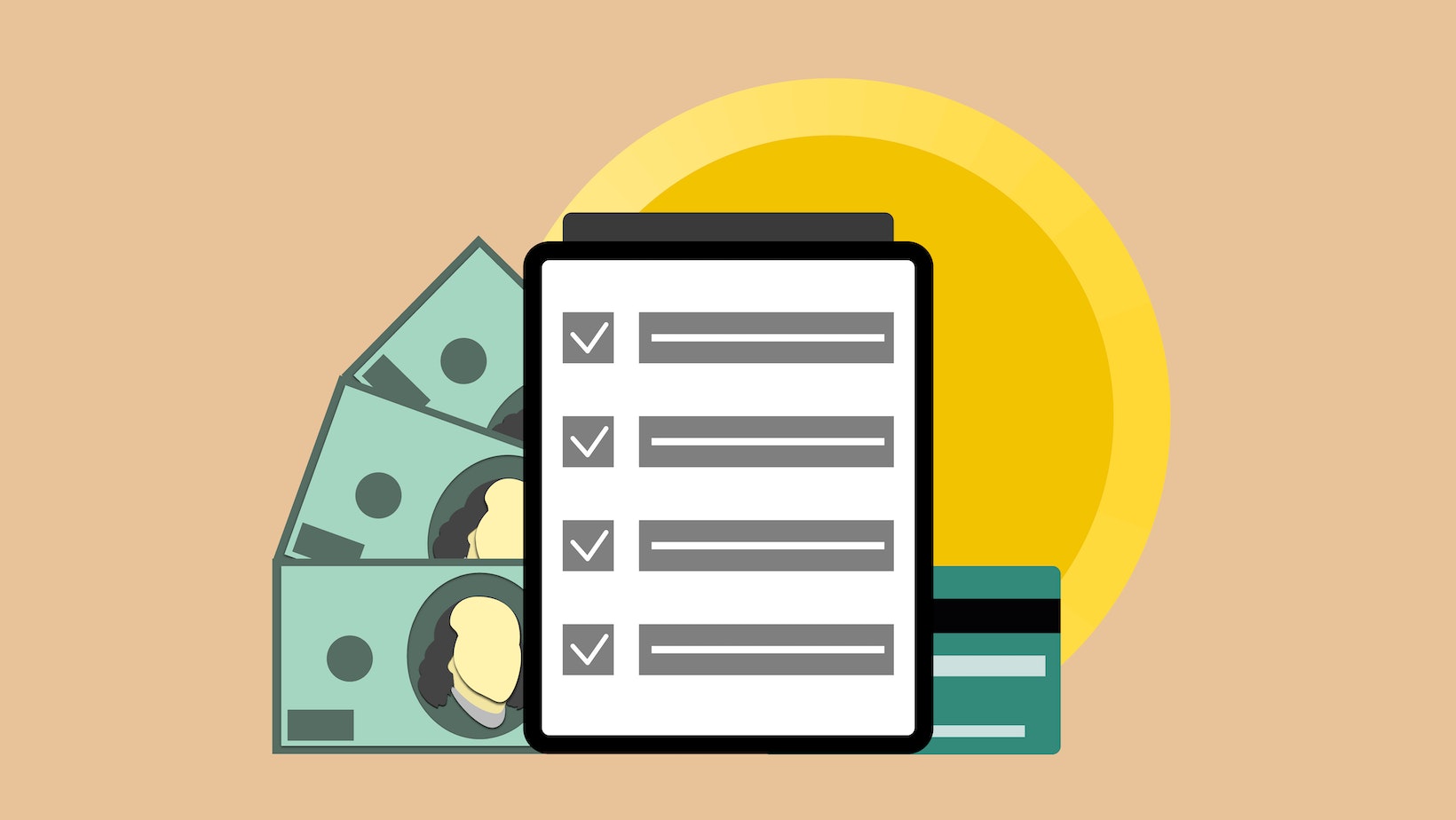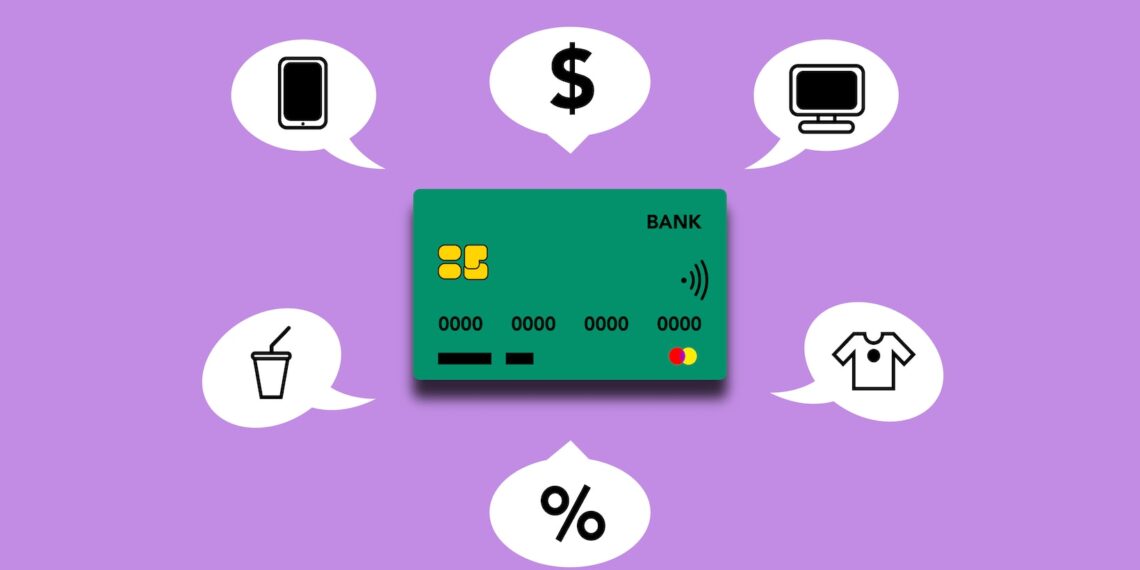Have you ever received your monthly bank statement only to discover that there are incorrect transactions listed? It can be a frustrating experience, but it’s important to address these discrepancies promptly. In this article, we will explore the common reasons behind incorrect transactions on your monthly statement and provide you with practical tips on how to handle them. Whether it’s a simple error or a case of fraudulent activity, being proactive is key to resolving these issues and ensuring the accuracy of your financial records.
In today’s digital age, banking transactions have become more convenient and accessible than ever before. However, this convenience also comes with the risk of errors and fraudulent activities. If you notice incorrect transactions on your monthly statement, it’s crucial not to panic. In this article, we will guide you through the steps you should take to address these discrepancies effectively. By understanding the common causes of incorrect transactions, you’ll be better equipped to protect your finances and maintain the integrity of your bank statements.
What Are Incorrect Transactions?
When it comes to managing our finances, it’s important to keep a close eye on our monthly bank statements. These statements provide a detailed record of our transactions, allowing us to track our spending and ensure the accuracy of our accounts. However, there may be instances where we come across incorrect transactions on our monthly statements. But what exactly are these incorrect transactions?
Incorrect transactions refer to any unauthorized or erroneous charges that appear on our bank statements. They can include:
- Fraudulent charges: These are unauthorized transactions made by someone else using our account information without our knowledge or consent. It’s crucial to identify and report these charges promptly to prevent further financial loss.
- Billing errors: Sometimes, businesses may make mistakes when processing payments, resulting in incorrect charges on our statements. These errors can include double billing, incorrect amounts, or charges for services we didn’t receive.
- Processing errors: Banks and financial institutions are not immune to making mistakes either. Processing errors can occur during the transfer of funds, resulting in incorrect debits or credits on our statements.
When we come across incorrect transactions on our monthly statements, it’s essential to take immediate action to rectify the situation. Ignoring these transactions can lead to further financial complications and potential damage to our credit score. So, what should you do if there are incorrect transactions on your monthly statement?

What Should You Do If There are Incorrect Transactions on Your Monthly Statement?
If you discover any incorrect transactions on your monthly statement, it’s crucial to take immediate action. Here are the steps you should follow to report these transactions to your bank:
- Evaluate the Statement: Carefully go through your monthly statement, comparing it with your receipts and records. Look out for any unfamiliar charges, duplicate payments, or incorrect amounts. Pay close attention to small transactions, as they are often overlooked but can add up over time.
- Contact Your Bank: Once you identify an incorrect transaction, reach out to your bank as soon as possible. Most banks have a dedicated customer service line that you can call. Explain the issue to the representative and provide them with details about the transaction, such as the date, amount, and merchant name.
- File a Dispute: If the bank confirms that the transaction is indeed incorrect, they will guide you through the dispute process. This usually involves filling out a dispute form or sending a written statement explaining the error. Be sure to provide any supporting documentation, such as receipts or screenshots, to strengthen your case.
- Follow Up Regularly: After filing a dispute, it’s important to follow up regularly with your bank to ensure that the issue is being resolved. Keep track of the reference number or case ID provided by the bank, as this will help you in future communications.
- Monitor Your Account: While the bank investigates the incorrect transaction, continue to monitor your account closely. Look out for any additional unauthorized charges or suspicious activity. If you notice anything concerning, report it to your bank immediately.
Remember, reporting incorrect transactions promptly is crucial to protecting your financial well-being. By taking swift action, you can ensure that your bank statements accurately reflect your financial transactions and maintain the integrity of your banking records.














